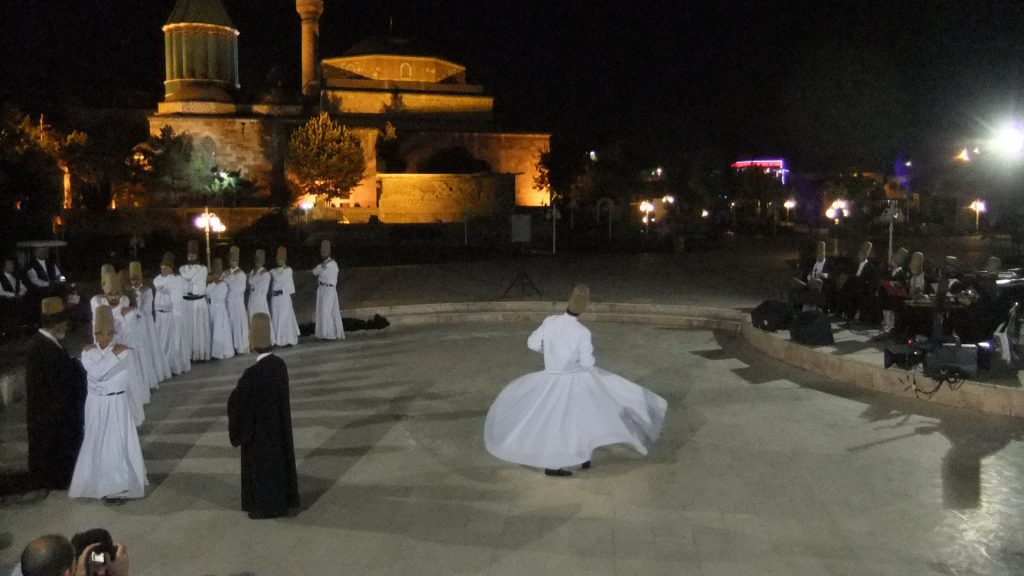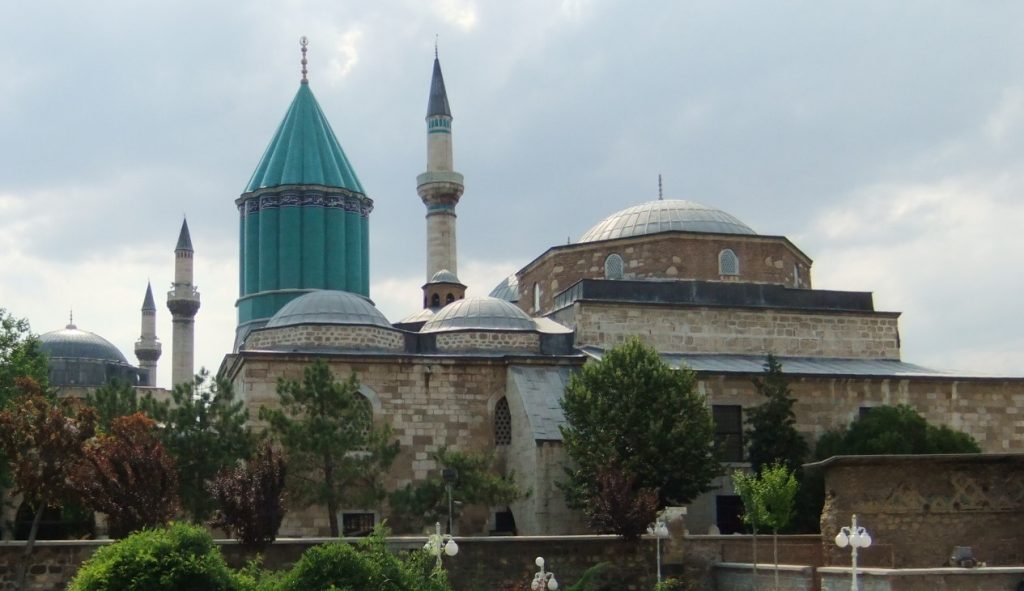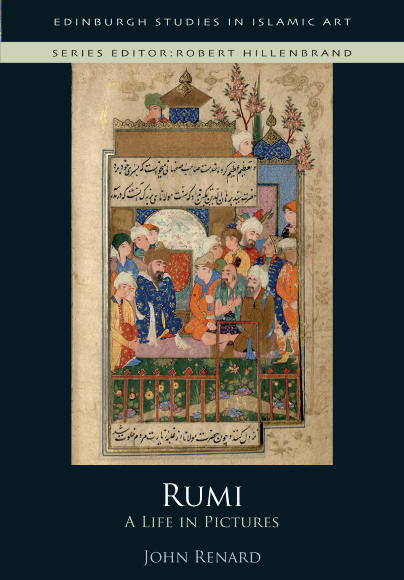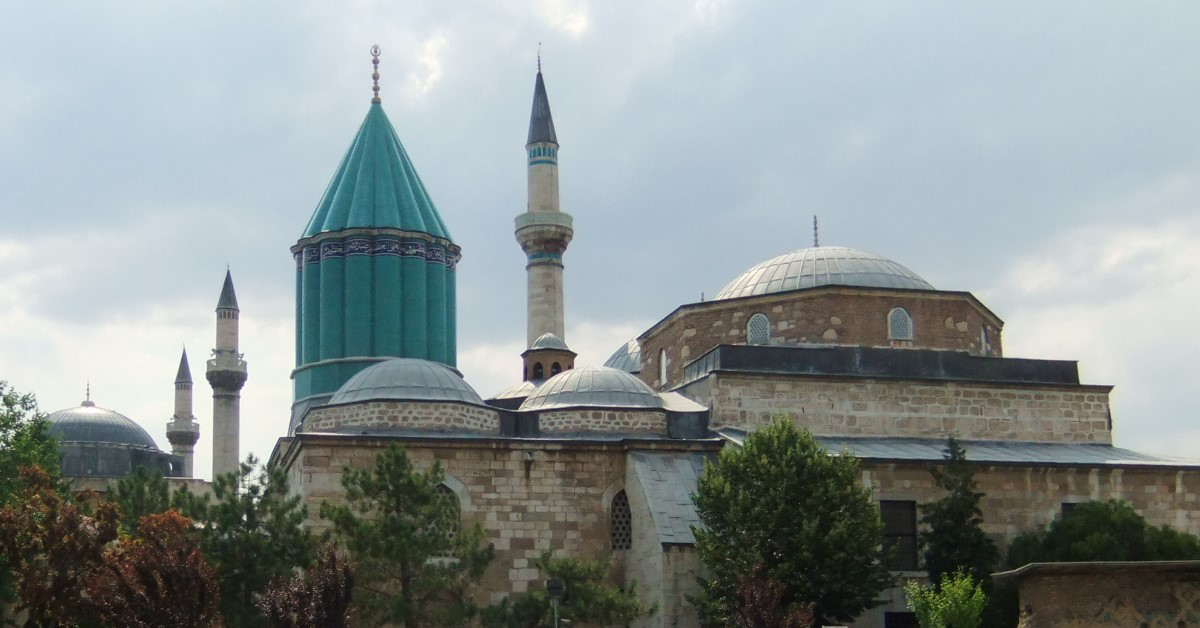
In this interview, John Renard, author of Rumi: A Life in Pictures (out now from the Edinburgh Studies in Islamic Art series), discusses his new book, which studies illustrated 16th-century Ottoman manuscripts of a major hagiography of Rumi and his spiritual descendants.
What led you to write Rumi: A Life in Pictures?
Four years back, I would never have imagined attempting any such thing. Long-standing interest in Islamic hagiography and the poetry of a major Sufi named Rumi came together with the chance discovery that his life story had been told in a set of three late Ottoman visualised manuscripts. A brief panel Powerpoint presentation on the subject for a manuscript conference in 2017 led Professor Robert Hillenbrand to suggest that I develop it into a book. My thanks to Professor Hillenbrand for his encouragement to do so.

What was your greatest challenge with this project?
After decades of working with Arabic and Persian texts in printed editions, this project was my first experience of manuscripts. I’d often previously used images as illustrations to enhance the readability of a text, but had never constructed a narrative centered entirely on visual imagery.

What have been the most rewarding experiences of working on this book?
Here are just two of many such experiences: Returning to Rumi, 45 years after writing a dissertation on him, I discovered entirely new dimensions of his story and influence. Working with these small artistic jewels up close has been exhilarating, especially the discovery of the many subtle ways in which visualisation of a text can reveal unsuspected levels of meaning.

What’s happening in the cover photo?
The image is from University of Uppsala, O Nova 94 fol. 37b and shows Rumi with dignitaries of Kaysari. According to chief biographer, Aflaki, Rumi enjoyed the medieval Anatolian equivalent of Rock Star status. Everybody wanted a piece of him. Here, on his arrival in the city of Kaysari, the city’s movers and shakers vie for the privilege of having Rumi stay with them.
About the author

John Renard received a PhD in Islamic Religious Studies, Harvard Univ. 1978, focusing on medieval Arabic and Persian religious texts, the history of Sufism, and Islamic art. He has taught since then in Saint Louis University’s department of Theological Studies. Publications thematically related to this volume include: Crossing Confessional Boundaries: Exemplary Lives in Jewish, Christian and Islamic Traditions (California 2020); Friends of God: Islamic Images of Piety, Commitment and Servanthood (California 2008); and All the Kings Falcons: Rumi on Prophets and Revelation (SUNY 1994).





